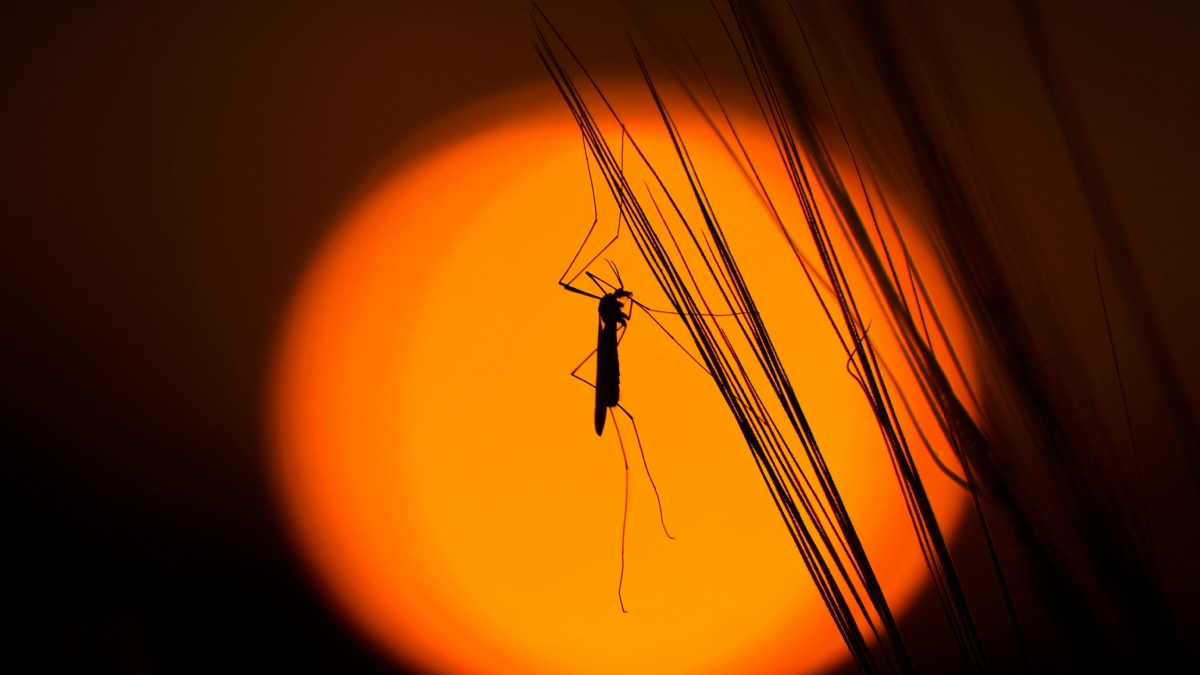Researchers from UAE University in Al Ain have discovered that mosquitoes in the Emirates are becoming resistant to deltamethrin, a widely used insecticide. The study, published in Nature Scientific Reports, was conducted in collaboration with the Abu Dhabi Public Health Centre and highlights growing concerns over mosquito control effectiveness.
By analyzing 174 adult mosquitoes collected across different locations, the team, led by Professor Mohammad Al Deeb, found that nearly one-fifth of the mosquitoes carried genetic mutations that make them immune to deltamethrin. Coastal areas in Abu Dhabi showed the highest resistance rates, with over a quarter of sampled mosquitoes carrying two copies of the resistance mutation.
In The National repot, Professor Al Deeb emphasized that long-term exposure to insecticides creates evolutionary pressure, allowing resistant mosquito populations to thrive. This resistance can lead to increased mosquito numbers and a higher risk of disease outbreaks. While the southern house mosquito, the species studied, does not currently spread diseases in the UAE, it transmits illnesses like West Nile fever in other regions, and climate change could alter its role in disease transmission.
To address the issue, experts recommend long-term monitoring, rotating insecticides to slow resistance development, and implementing integrated pest management strategies. These include habitat modification, biological control with mosquito predators, and the use of traps.
The researchers aim to expand their study to track resistance trends over time and explore alternative mosquito control strategies in the UAE.






